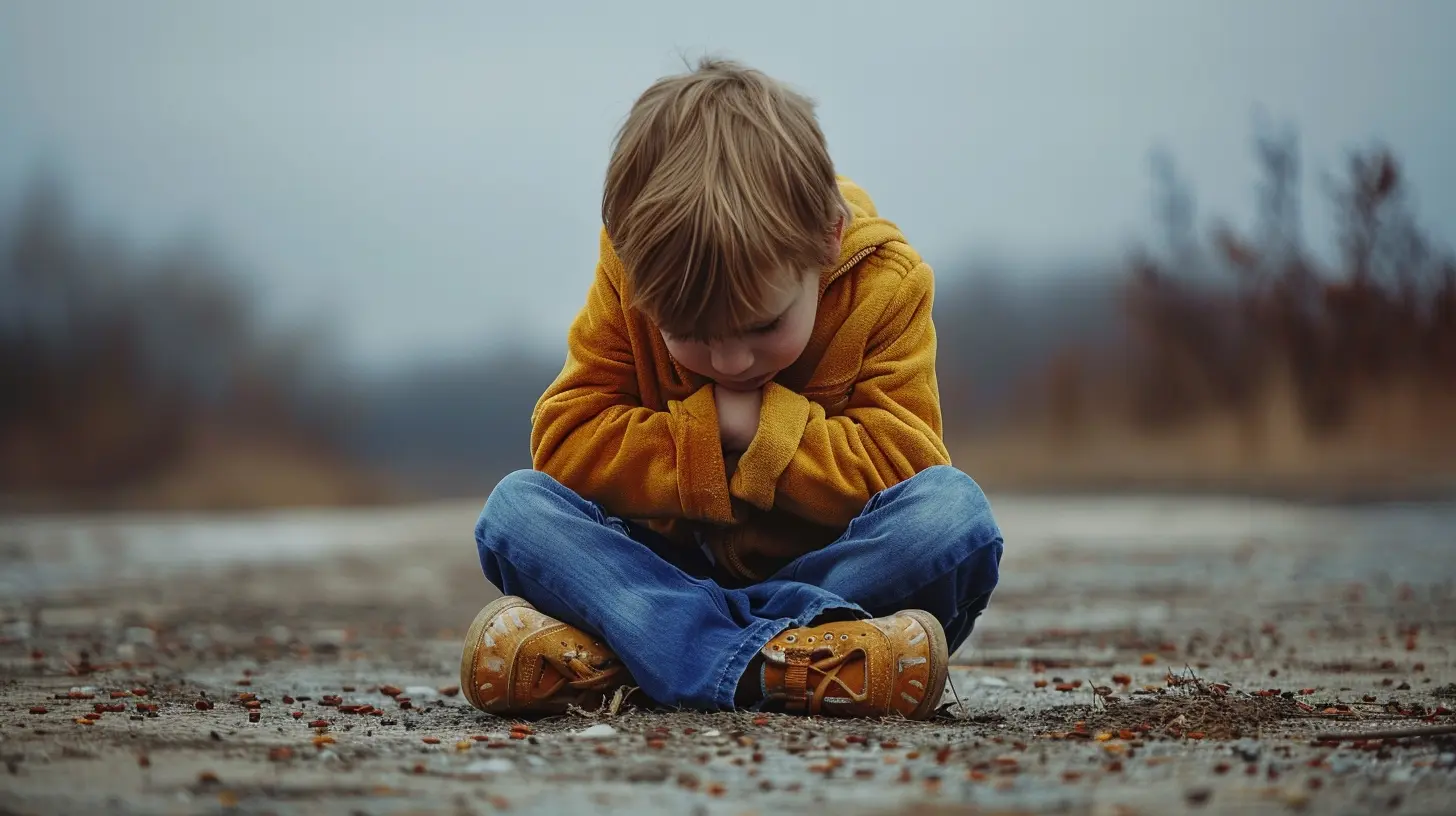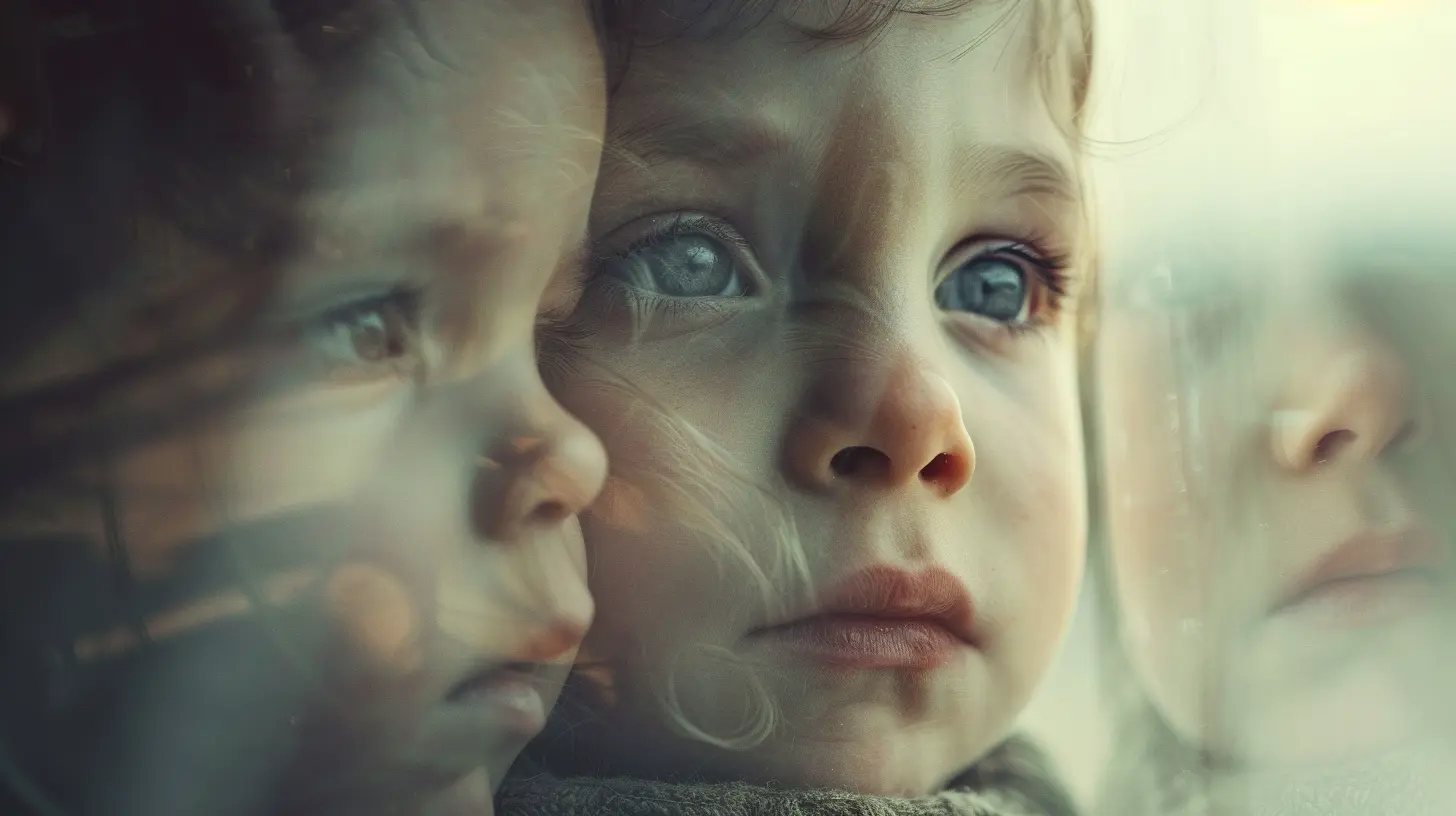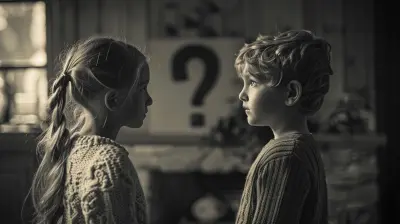Parenting Through Personal Loss or Grief
20 October 2025
Grief is messy. It’s unpredictable, heavy, and comes in waves—one minute you’re holding it together, the next, you’re falling apart. Now, throw parenting into the mix. It’s like trying to steer a ship through a storm when the compass is broken and the waves just keep coming. If that sounds like your reality right now, take a breath—you’re not alone.
Parenting through personal loss or grief is one of the hardest things anyone can face. Whether it’s the death of a loved one, a miscarriage, a divorce, or any profound loss, the emotional weight you carry doesn’t disappear just because your child still needs breakfast, help with homework, and a bedtime story.
This article is here to help you navigate both the chaos inside and the little humans looking up to you. Let’s walk through it together—with honesty, compassion, and some practical advice.
Understanding Your Own Grief First
You’ve got to put your oxygen mask on first before helping others, right? The same goes for grief. You can’t pour from an empty cup. The first step to parenting through grief is acknowledging that your grief is valid. Whatever you’re feeling—anger, sadness, numbness, confusion—it’s okay.Give Yourself Permission to Feel
Many parents feel guilt for unplugging emotionally, even temporarily. But here’s the truth: feeling broken doesn’t make you a bad parent. It makes you human. It shows your kids that it’s okay to express emotions.Think of grief like a backpack. Some days, it’s light. Other days, it’s packed with bricks. And that's okay.
Don’t Rush the Process
There’s no stopwatch on grief. Some days will be better than others. Allow yourself that ebb and flow. There’s no gold medal for “fastest return to normal.” Take small wins—like getting out of bed or making a sandwich—as victories.
Helping Your Child Understand Grief
Kids are incredibly perceptive. Even if you try to shield them, they can feel when something isn’t right. They might not understand the details, but they pick up on your energy, your silences, your tears.Age-Appropriate Conversations
How you talk about grief depends on your child’s age and developmental stage.- Toddlers & Preschoolers don’t grasp permanence. Keep explanations simple: “Grandpa died. That means we won’t see him anymore, but we can still remember him.”
- Elementary-aged kids may ask practical or pointed questions. Be honest: “I feel really sad because I miss Grandma. It’s okay to be sad.”
- Teenagers understand more but may express grief through anger, withdrawal, or acting out. Let them know you’re available, even during your own pain.
Be Honest, But Gentle
Avoid phrases like “gone to sleep” or “passed on” with younger kids—they can take things literally and develop fears around sleep or separation. Use terms like “died” even if they feel harsh. Clarity is kindness.It’s Okay Not to Have All the Answers
If your child asks a question and you don’t know how to respond, say “I don’t know, but I love you and we’ll figure it out together.” You don’t have to be a superhero. Just being present is enough.
Maintaining Routine – Why It Matters
In times of chaos, routines are like lighthouses. They provide a sense of safety and control—for both you and your child.Keep Structure Where You Can
You don’t have to be rigid, but things like bedtime, meals, bath time—it all helps. Even if it feels impossible, aim for consistency. It's like muscle memory for the soul.Allow Flexibility
That said, some days will feel off. That’s okay. If dinner is cereal and bedtime is 30 minutes late, no one’s life will fall apart. Give yourself permission to bend without breaking.
Taking Care of Yourself Without the Guilt
Here’s a truth bomb: You matter too. You can’t heal or help your child if you run yourself into the ground.Ask for Help—Seriously
Phone a friend. Talk to a therapist. Join a support group. Asking for help isn’t weakness; it’s wisdom. You’re not expected to carry your grief and your child’s on your own.Maybe your best friend can take the kids to the park for an hour while you cry in the shower or sleep. Use that time. Recharge.
Self-Care Doesn’t Have to Be Fancy
Forget the spa days (unless that’s your thing). Self-care can be:- Drinking enough water
- Taking a walk
- Journaling
- Watching a mindless show for 20 minutes
- Putting your phone down
Small actions add up. They’re like pebbles creating ripples of strength.
Modeling Grief in a Healthy Way
Here’s the beautiful thing about parenting through grief: you’re showing your child how to handle hard things. Not with perfection, but with honesty and resilience.Show, Don’t Just Tell
Let them see you cry. Then let them see you pick yourself up. Let them hear you say, “I’m having a hard day, but I’m trying.” That’s powerful.You’re teaching emotional fluency—something many adults don’t have. You’re giving your child permission to feel deeply and still move forward.
Encourage Expression
Create a safe zone for talking about loss. This could be:- Drawing pictures
- Telling stories
- Lighting a candle
- Making a memory jar
Let grief be a shared experience, not a silent shadow.
Redefining “Being Strong”
Can we just say it? "Being strong" doesn't mean bottling everything up and pretending everything’s fine. It means being honest. Vulnerable. Getting up even when it’s hard.Strong Looks Different Every Day
Some days, strong is getting all the laundry done. Other days, strong is letting the dishes sit in the sink so you can snuggle your child. Give yourself grace.When to Seek Professional Help
There’s no shame in needing therapy—for you or your child. Sometimes, grief gets complicated. Maybe you're stuck in sadness, feeling numb for weeks, or seeing changes in your child's behavior or sleep.A few signs it might be time to reach out:
- You’re struggling to function daily
- Your child becomes extremely withdrawn, aggressive, or anxious
- Nightmares, sleep issues, or eating problems persist
- School issues or regressions in behavior
Therapy doesn't erase grief, but it gives you tools to carry it.
Things to Tell Yourself on the Hard Days
Let’s face it. There will be hard days. Days where everything feels too much.Here are a few mantras to keep in your back pocket:
- “I’m doing my best, and that’s enough.”
- “My child doesn’t need me to be perfect—they need me to be present.”
- “Grief and love can live in the same heart.”
- “It’s okay to laugh. It’s okay to cry.”
And most importantly: “This won’t last forever.”
The Light at the End of the Tunnel
Right now, your world might feel foggy. You’re carrying grief in one arm and your child in the other. But here’s the thing: you’re not stuck. You’re walking through.One day, that heavy grief will start to feel a little lighter. The memories won’t sting as much. You’ll laugh without guilt. And your child will look at you not just as a parent—but as a guide who helped them understand both life and loss.
Grief changes us. But if we let it, it can also grow us.
You’re stronger than you think. And one day, you’ll look back and realize—you made it through the storm. Together.
Final Thoughts
Parenting through personal loss or grief is no easy road. It’s winding, painful, and unpredictable. But it’s also sacred. In those quiet moments—when your child snuggles next to you or says “I love you”—you’re reminded of your “why.”You’re showing them resilience. You’re teaching them empathy. And most of all, you’re proving that love can carry us through even the darkest times.
Hang in there. You've got this.
all images in this post were generated using AI tools
Category:
Parenting StrugglesAuthor:

Steven McLain
Discussion
rate this article
1 comments
Noora Pacheco
Navigating parenting while experiencing personal loss is incredibly challenging. It’s essential to prioritize self-care and openly communicate your feelings with your children. This transparency can help foster resilience and understanding, creating a supportive environment for healing together as a family.
October 22, 2025 at 4:23 AM

Steven McLain
Thank you for your thoughtful insights! Prioritizing self-care and open communication is indeed vital for navigating loss while parenting. Your perspective on fostering resilience within the family is inspiring.


